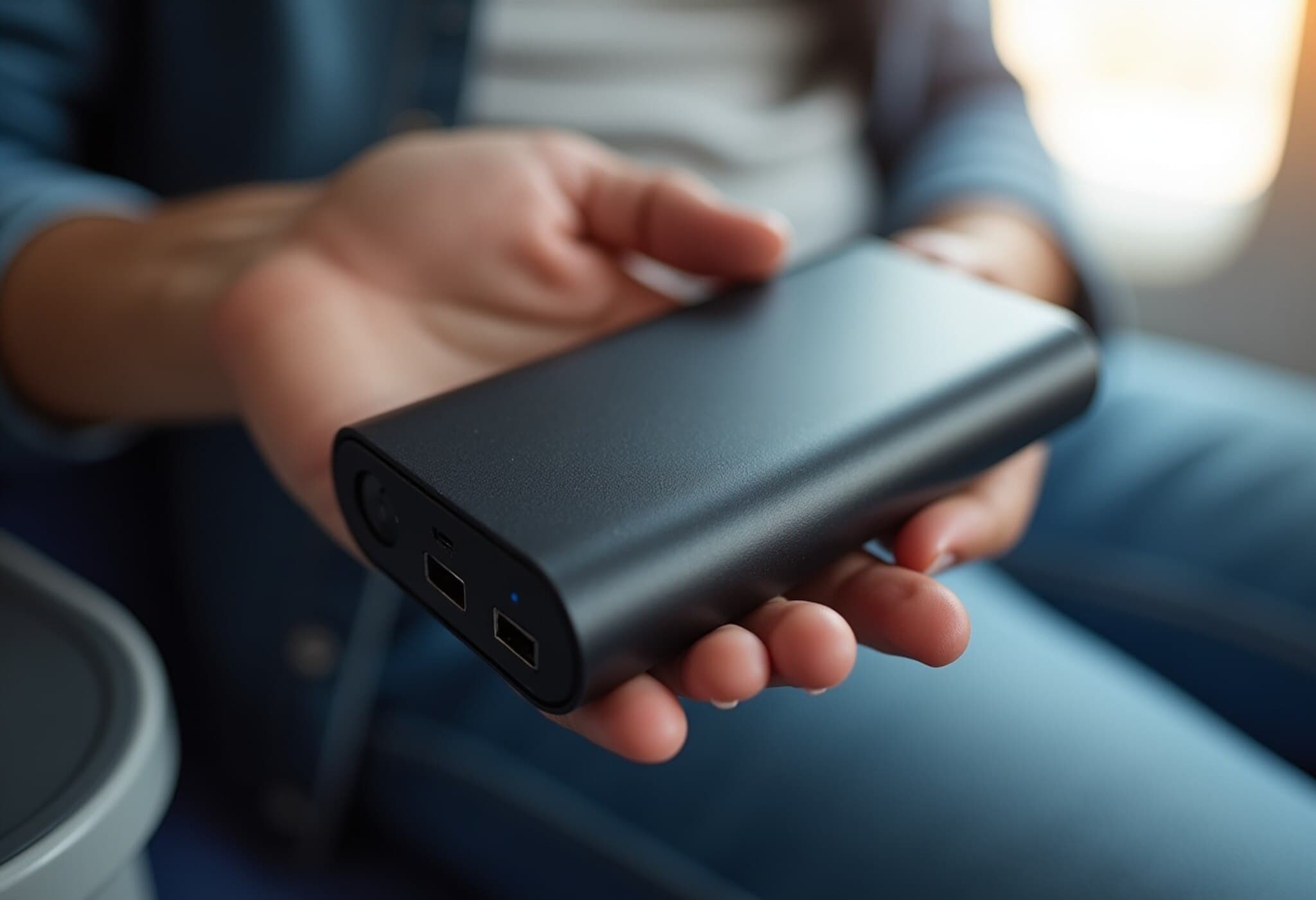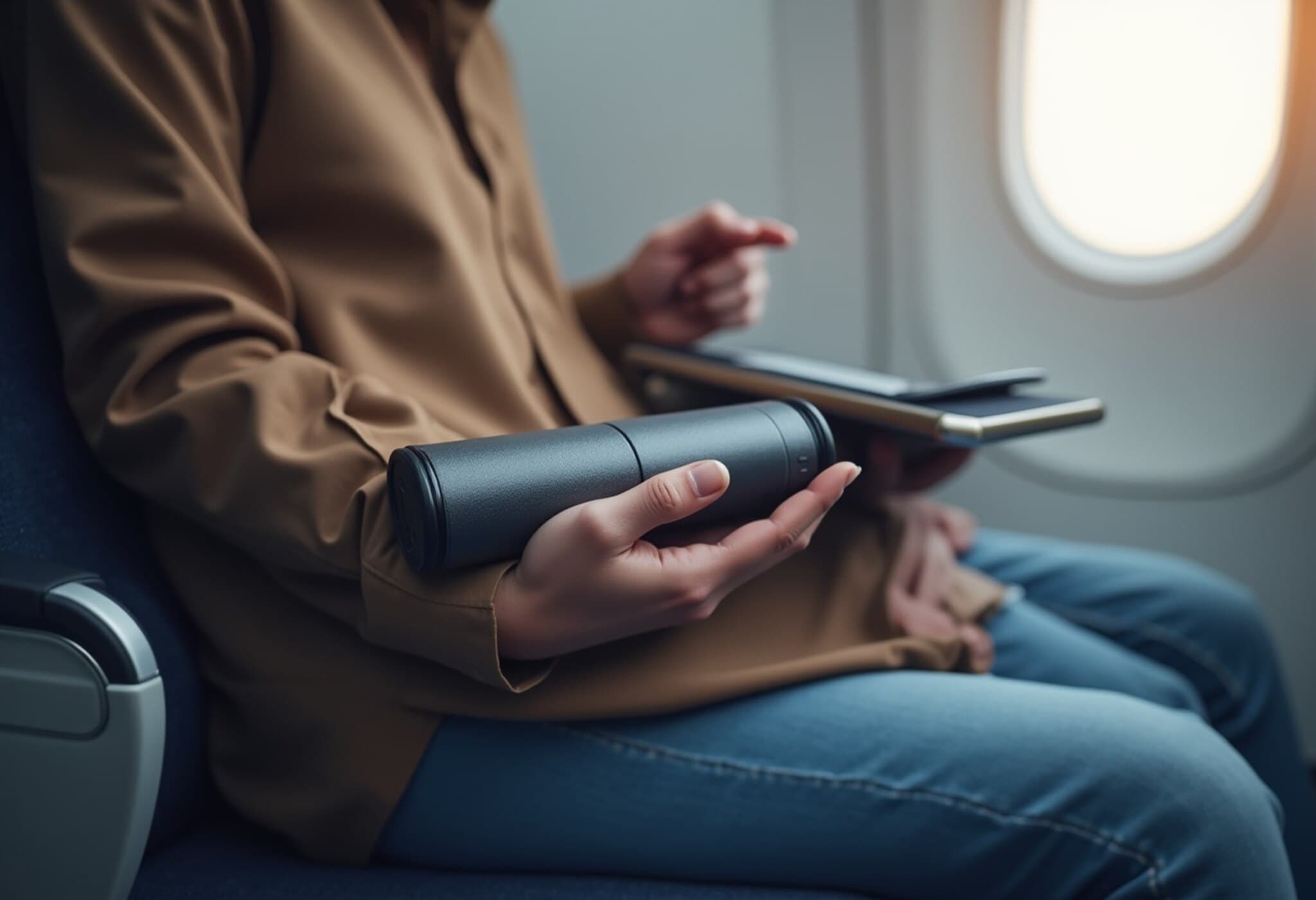Qatar Airways Prohibits Certain Anker Power Banks Amid Safety Recall
In a decisive move prioritizing passenger safety, Doha-based Qatar Airways has officially banned several models of Anker power banks from both carry-on and checked luggage. This ban follows a recent recall issued by Anker, a leading global electronics brand, concerning specific power banks susceptible to overheating and, in rare cases, risks such as smoke, melting, or fire.
Which Anker Models Are Affected?
The banned devices include the Anker A1647, A1652, A1681, A1689, A1257, and the widely-used Anker PowerCore 10000. These models were recalled in June 2025 due to safety concerns stemming from lithium-ion batteries supplied by a third party. Additionally, older models A1642, A1647, and A1652, recalled in October 2024, remain prohibited onboard flights.
The Root Cause: Battery Supplier Defects
Anker disclosed that the lithium-ion batteries, pivotal to the power banks’ performance, were sourced from an external supplier whose components presented potential safety hazards. Although the manufacturer emphasized the probability of malfunction is low, they acted swiftly with a comprehensive recall to avoid any risk to consumers.
Qatar Airways’ Precautionary Measures
Qatar Airways has urged all passengers to proactively check their personal devices against the recall list before flying. In an official statement, the airline emphasized: “If your Anker power bank is part of the recall, it is strictly prohibited from being carried onboard or checked in.” This precaution aligns with international aviation safety regulations limiting the transport of potentially hazardous lithium-ion batteries.
Regional Trends: Emirates Moves Toward Power Bank Use Restrictions
This announcement mirrors actions taken by fellow Gulf carrier Emirates, which implemented stringent restrictions on power banks starting October 1, 2025.
- Passengers may carry only one power bank below 100 watt-hours.
- Each device must have clearly indicated capacity ratings.
- Power banks cannot be stored in overhead bins but must remain in seat pockets or under-seat storage.
Such measures reflect growing global concern about the safe carriage of lithium-ion batteries aboard aircraft, highlighting the airlines' commitment to passenger and crew safety.
Expert Commentary: Navigating the Lithium-Ion Battery Safety Landscape
Lithium-ion batteries, integral to portable electronics, carry an inherent risk when defective or damaged. Aviation expert Dr. Elena Martinez remarks, “While the probability of malfunction is statistically low, the consequences can be catastrophic in a confined aircraft environment. Airlines have a duty to prioritize preventive measures, even if inconvenient to passengers.”
Furthermore, the move by Qatar Airways and Emirates underscores a broader international pattern responding to an uptick in battery-related incidents globally. Policymakers and consumer safety advocates urge manufacturers to implement rigorous quality controls and transparency regarding battery origins.
What Passengers Should Do Before Flying
- Check the Anker website or official recall announcements to determine if your power bank model is impacted.
- Avoid bringing recalled devices onboard; seek warranty or replacement options from the manufacturer.
- Comply with airline-specific rules about power bank watt-hours and storage locations during flights.
- Stay informed about evolving airline policies, as regulators worldwide tighten rules on lithium-ion battery transport.
Conclusion: Safety Takes Flight
The proactive restrictions by Qatar Airways reinforce the vital balance airlines must strike between passenger convenience and uncompromising safety standards. As portable electronics become ever more ubiquitous, evolving policies on battery transport will continue to impact traveler behavior and industry practices worldwide.
Editor’s Note
This development raises essential questions about consumer awareness and manufacturer accountability in an era where battery-powered devices are indispensable. How can regulators, airlines, and electronics companies collaborate more effectively to preempt such risks? Passengers are encouraged to verify their devices and stay abreast of safety advisories, as even small lapses can jeopardize lives onboard.











